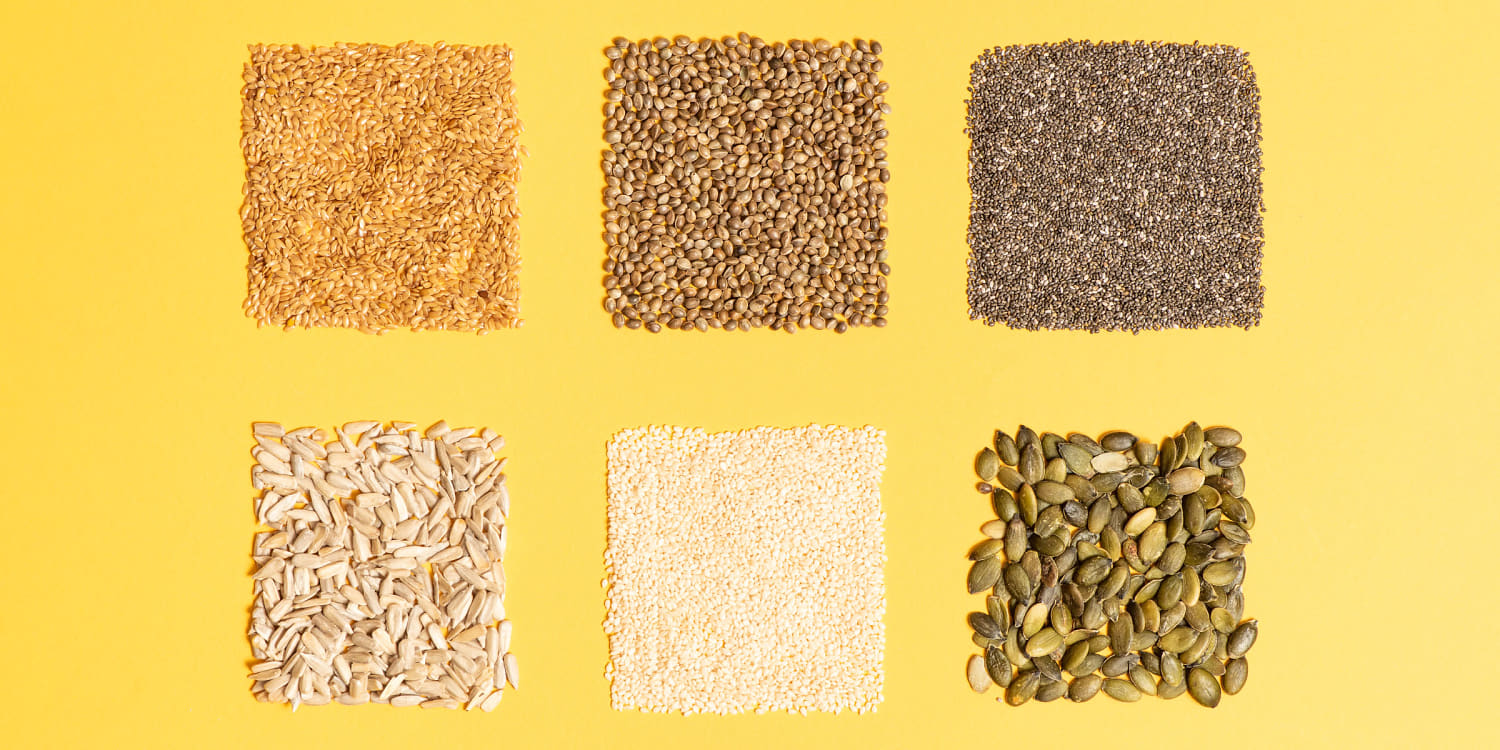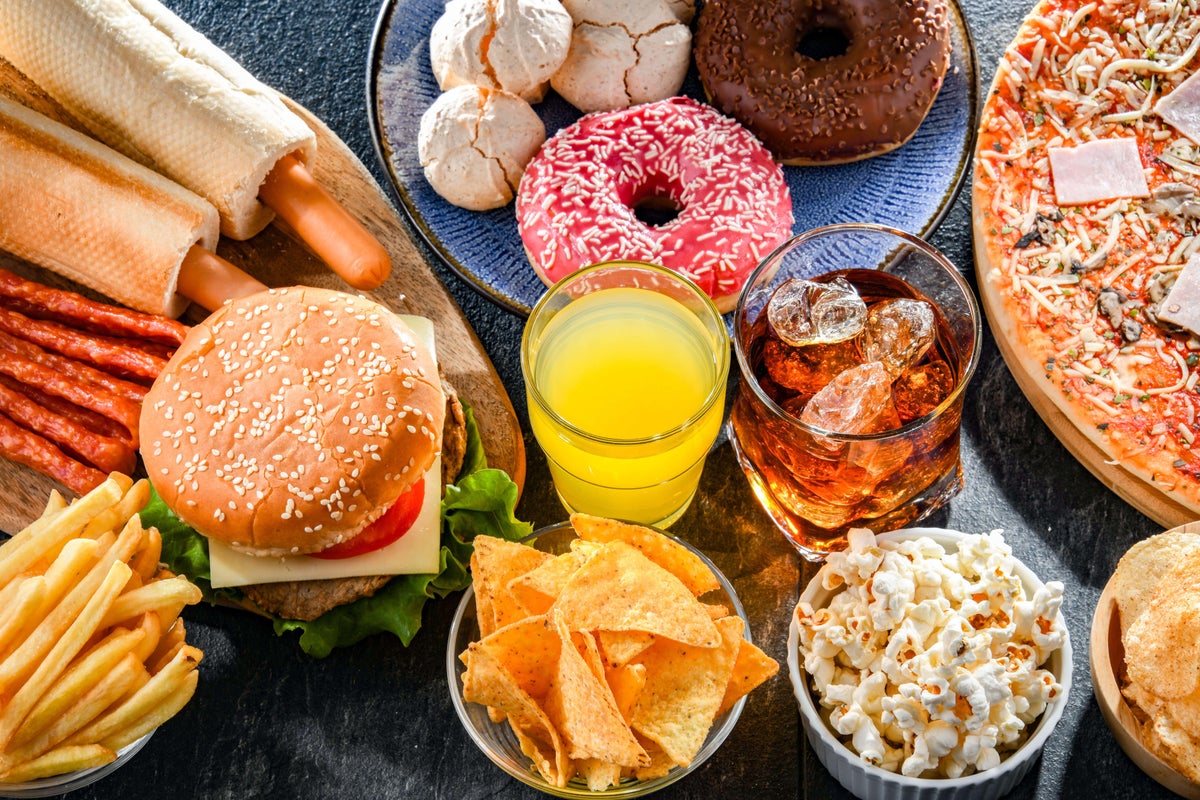Whether they're in a salad, trail mix or your , seeds are known to hold a ton of nutrition in a tiny package. And some seeds are impressively high in protein. "Seeds are a good source of plant-based protein, healthy unsaturated fat, fiber and other various micronutrients," says Natalie Rizzo, nutrition editor at TODAY.
Not only do seeds contribute to satiety (meaning they'll help you feel fuller longer), but they're also associated with all kinds of other health benefits, Rizzo says. That said, if you're aiming for the at every meal, seeds aren't likely to be a major source of this macronutrient in your diet. Think of them as a protein-packed snack or as a topping or enhancement for the other ingredients in your meal.

With all the nutrition seeds have to offer, protein is just the beginning. With 8 grams of protein per ounce plus a good helping of iron, magnesium and zinc, pumpkins are truly a super seed. They topped Rizzo's you can eat, and is becoming a popular plant-based alternative to whey.
Pumpkin seeds also provide a bit of gut-healthy fiber and sterol, a plant compound that's been associated with reductions in cholesterol. Another high-protein seed, sunflower seeds will provide 6 grams of protein per serving. Sunflower seeds are also remarkably high in both vitamin E (which benefits skin health) and selenium, a mineral that also has antioxidant properties.
Plus, for those who can't eat nut butter, makes a great alternative. Hemp seeds are coming in strong with a whopping 10 grams of protein in 3 tablespoons, Rizzo notes. In that serving, you'll also get nearly half of your daily as well as other minerals like , and zinc.
Hemp seeds are also rich in antioxidants and plant-based omega-3s, which have heart health benefits. These seeds may not have the most protein, but they do have some. And they have some other notable nutrients, too, Rizzo says.
Chia seeds are , as TODAY.com reported previously, with 10 grams of fiber and 6 grams of protein per 2-tablespoon serving. When soaked in liquid, the seeds form a gel that can be used as chia seed pudding.
Chia seeds are also a , which is necessary for bone health, Rizzo says. Flaxseeds are also a good source of fiber, with about 6 grams of fiber and 4 grams of protein per 2-tablespoon serving. These little seeds are also known for their , including plant-based omega-3 fatty acids as well as lignans, which are anti-inflammatory compounds.
Ground meal from both chia seeds and flaxseeds forms a gel when soaked in water, which can be used as an , Rizzo notes, making these seeds important ingredients in vegan baking. Seeds are as versatile as they are nutritious. "Add seeds to practically anything!" Rizzo says.
Try sprinkling them on , oatmeal, granola, smoothies, salads, grain bowls, noodle dishes and even tacos. But, like , seeds are small and high in both fat and calories. So they can easily put you over your daily calorie goals if you're not measuring your servings, Rizzo cautions.
Additionally, keep in mind that many seeds are . While that's a good thing for your gut health, a sudden increase in your fiber intake can lead to some temporary "tummy troubles," Rizzo notes. So it's a good idea to increase the amount of seeds you eat slowly, and be sure to drink plenty of water, too.
.
Health

These 5 high-protein seeds also pack gut-healthy fiber and antioxidants, RD says

Seeds may be small, but they can provide a mighty dose of protein along with fiber, healthy fats, and antioxidants. Try these RD-approved high-protein seeds.















